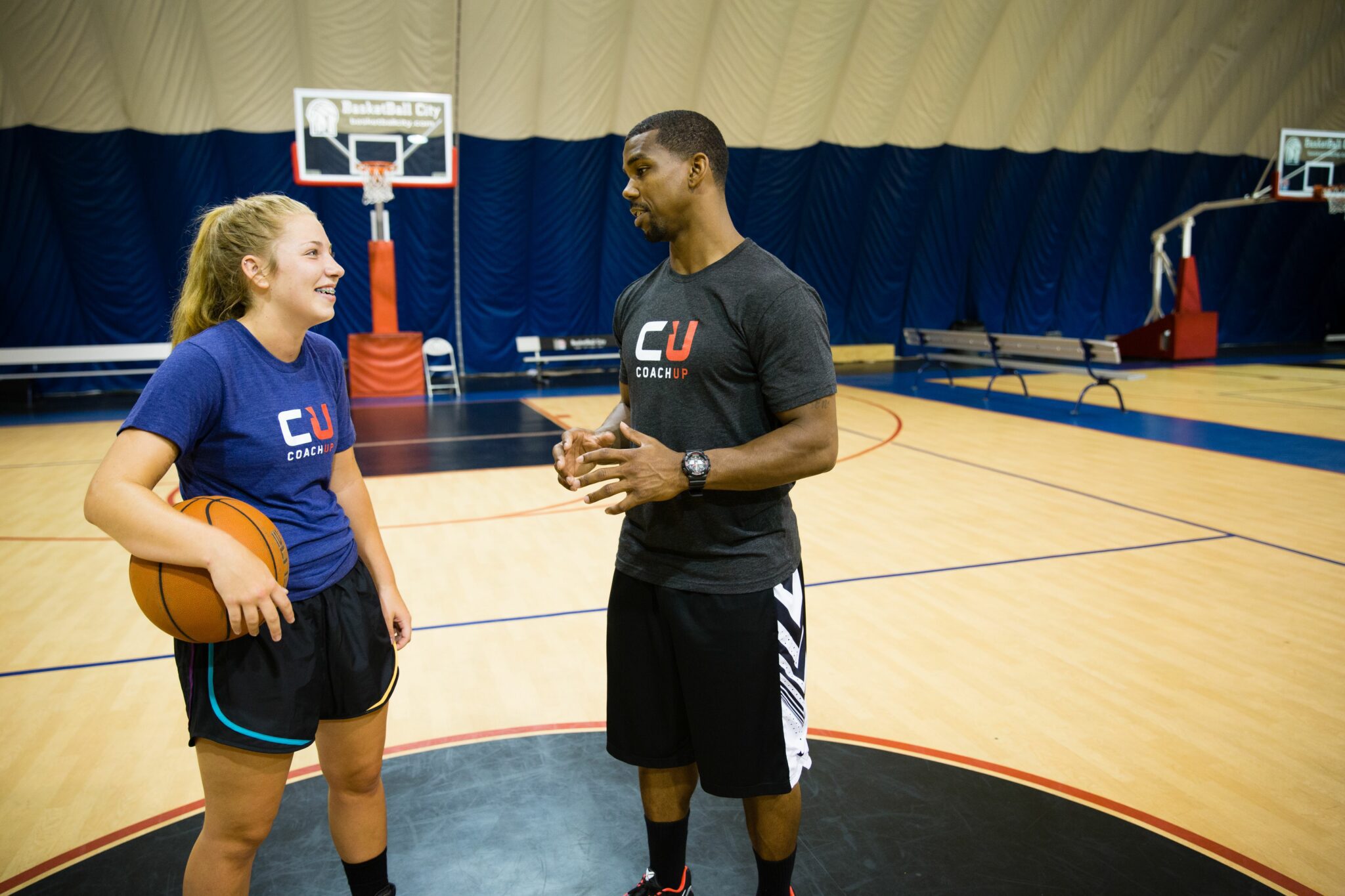Assuming that your athlete sticks with sports up until high school, they will encounter a number of different coaches. When considering my own experiences as both a coach and an athlete, I can remember many instances of strife, confusion, success, and failure. Parents, coaches, and athlete’s are all experiencing the same season, but viewing it through different perspectives. The parents perspective is often the furthest removed from the team, and many could use a hand at better understanding their child’s coach.
Five things to help parents better understand their athlete’s coach
1. A coach who has a kid on the team is facing unique pressure
Being a parent and a coach is a difficult task. The two most frequent points made about a coach in this position are that he is either too hard on his own kid, or shows a bias towards them.
Whether or not one of those points is objectively true can only be determined through communication. We’ve talked before about sending emails to coach, and how it’s never the right way to settle an issue. If you have taken up a genuine concern regarding the way that your athlete’s coach is managing the team, and have particularly noticed that their own child is driving their decisions, you’ll have to approach the situation delicately.
Having an honest and intentional conversation is never a bad thing in any relationship, but try to approach the coach as a person first. Build a genuine rapport with them. They are playing a significant role in your child’s experience, and it is absolutely not weird for you to take an interest in who they are as a person. In this particular instance, you’re not only both people, but parents. That shared sentiment can go much farther than many people think.
Avoid any accusatory notions, and take the time to consider how you can best get to know the coach as a person and a parent.
2. Coaches may say things that are easily misinterpreted
This is specifically geared toward youth sports coaches. I don’t need to tell you, the parent of your own child, how easily words can be misinterpreted. Often times, a coach will lay a blanket statement over a child that is meant simply to be encouraging. Something like, “I’m counting on you!” or “we need you here!” can easily be misunderstood by a young athlete.
Coach may have told your athlete this to encourage them before stepping up to the plate, or during a timeout on the basketball court, but a child may take it outside of that moment. If you have heard your athlete say something about how their coach has set expectations for them, or even puts pressure on them to succeed, it could very likely be a misunderstanding.
Once more, the best way to approach this situation from a parental perspective is communicating with the coach. The best advise for this situation is to enter it with an open mind. The coach of the team simply does not know your athlete the same way that you do, and likely didn’t have any intention to confuse or upset your child.
3. Coaches do not treat all athletes the same
This is true throughout sports at all levels, and is an important lesson to learn as a parent. Often times, a coach being hard on a player is taken out of context. A common practice among coaches is to set the bar high for the most talented athletes in order to bring everybody else up to the same level.
This can become frustrating for an athlete who is struggling, and equally, in turn, the parent of that athlete. The aforementioned philosophy is simple, at best, but has proven to be effective when there is a good culture within a team. At a very young age, this can simply mean everybody is friends. As athletes get older, the culture builds more around personal goals and competitive drive. If your youth athlete is dramatically falling behind on a team built like this, you may be forced to focus on small victories for the season. Encourage your athlete to have fun, and then look for a new team and coach next season. If your athlete is being pushed harder than the rest of the team, it may not mean the coach has it out for your child, but rather sees potential in them.
This may seem like a harsh or oversimplified perspective of the situation, but sports are full of life lessons. Not all of them are fun to learn or easy to internalize.
4. Ask the Coach about their philosophy
There are a number of philosophy’s that are geared towards coaching youth sports, but each coach has their own. It is always helpful to understand the thought process that goes into the game plan, and what the coach believes in. Inquiring about their philosophy is an easy way to break the ice and start building a personal relationship with the coach.
The prospect of a coach having “favorites” on a team can lead to drama among parents, but at the end of the day, each parent wants what is best for their athlete. If you make a concerted effort to better know the coach and their philosophy, you can take more intentional steps to helping your athlete succeed while playing for that coach.
5. Coaching is not a glorious job
Dealing with stress from parents while trying to maximize enjoyment for each individual athlete is a serious challenge for coaches. Successfully navigating and overcoming one or both of those challenges is a win for a coach, but comes with little glory or recognition.
Hopefully this short article has not further frustrated you about your athlete’s coach, but rather presented you with an avenue to grow a relationship with them and better understand their intentions and goals with—and for—the team.

CoachUp is the safest and easiest way to find a coach for personalized training. With our 100% money-back guarantee and vetted coaches, anyone can achieve their full athletic potential. Find your perfect coach today and become the athlete you want to be!
How useful was this post?
Click on a star to rate it!
Average rating 4.8 / 5. Vote count: 4
No votes so far! Be the first to rate this post.





One Response
Not a big fan of coach/parent on the sideline, lot of conflict of interest, bad experience, at highest level youth mls.